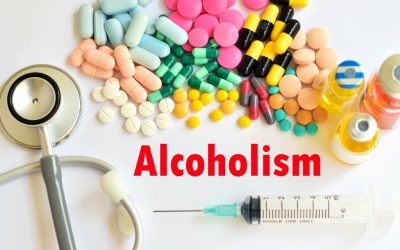Open communication about feelings of loneliness with trusted people or mental health professionals can prevent emotional distress from undermining recovery. Such negative thoughts often contribute to emotional distress and may increase the risk of relapse. When loneliness persists, it can create a cycle where negative emotions surpass resilience, making it harder to maintain the motivation needed for recovery. Recognizing these feelings and actively working to counteract them with positive affirmations and support is essential. Building a support system through these avenues greatly reduces loneliness, enhances emotional resilience, and supports sustained sobriety.
How to address loneliness in recovery
Having a strong support system during recovery substantially reduces loneliness and bolsters mental well-being. Connecting with others who understand the journey through group therapy, sober meetups, or online forums provides emotional validation and marijuana addiction encouragement. Therapy also helps you identify patterns that may contribute to your isolation—like fear of vulnerability, past trauma, or social anxiety. With the right guidance, you can develop healthier coping mechanisms, communication skills, and strategies for building stronger relationships. If you or a loved one is struggling with addiction and loneliness, Desert Cove Recovery is here to help.

What Does Ss Mean In Context Of Life And Death?
Participating in new hobbies and activities that bring you joy and fulfillment can provide a sense of purpose and alleviate feelings of loneliness in recovery. Positive and productive activities in addiction recovery offer the chance to make new connections and build a support network. Counselors help clients develop coping strategies for managing feelings of loneliness, including emotional processing techniques and mindfulness exercises.
Addiction Treatment Programs
Many people experience it after leaving inpatient treatment or when altering their social environments. Losing contact with old friends who used substances, or feeling misunderstood by loved ones, can intensify these feelings. Recognizing loneliness as a typical part of recovery reduces shame and helps individuals accept their emotions without judgment.
- Relationships are given and taken, but that also makes them active and connected.
- Participating in community activities, online groups, support networks, or volunteering creates opportunities to meet like-minded individuals and develop meaningful relationships.
The Impact of Loneliness on Recovery
- Joining support groups such as Alcoholics Anonymous or Narcotics Anonymous fosters a sense of belonging and understanding.
- Building a strong social support system is essential during the initial stages of sobriety.
- It’s not uncommon for people to feel lonely when starting out in addiction recovery.
Meditation, though a solitary activity, is also important to nurture the mind and develop a healthy mind/body relationship, increasing mindfulness and well-being. Meditation teaches you the difference between loneliness and solitude, which means feeling at peace with yourself even when you are alone. Evidence indicates that group activities, social prescribing, and programs that modify maladaptive social cognition—like cognitive-behavioral https://ecosoberhouse.com/ therapies—are effective. For example, social robots and conversational agents are increasingly used to supplement human interaction for isolated individuals. Various community programs aim to address loneliness by creating accessible platforms for social interaction and purpose. Experts recommend aiming for about 150 minutes of moderate exercise weekly, which can involve activities like jogging, cycling, or tai chi in parks or open spaces.

The importance of social support in recovery
Empower change with effective strategies to address alcohol and loneliness in sobriety underage drinking. This article outlines ten effective strategies to avoid drug addiction, ensuring a healthier and more fulfilling life. Don’t face recovery alone—reach out today and start building the meaningful relationships that can help sustain your healing. Mindfulness and meditation anchor you in the present and help manage overwhelming emotions.

